SUPPORT DAWGS

Support Dawgs is a three-part program that provides training for UGA students, faculty, and staff. It is designed to increase awareness of mental health and well-being needs and offer appropriate support and response. Support Dawgs provides individuals with the knowledge, direction and competence to accurately identify those who are struggling and refer them to well-being resources or campus supports. Once someone completes all 3 trainings they are certified as a “Support Dawg.”
Support Dawgs is a campus – wide initiative to continue to promote a community of care across the University of Georgia. It is important for all members of the UGA community to understand the individual role that we can each play in promoting well-being across campus. When someone completes the Support Dawgs certificate they will receive a decal to display. This will demonstrate to others in their community that they are equipped and available to provide support and guidance to pertinent resources.
Support Dawgs is a three-part program that provides training for UGA students, faculty, and staff. It is designed to increase awareness of mental health and well-being needs and offer appropriate support and response. Support Dawgs provides individuals with the knowledge, direction and competence to accurately identify those who are struggling and refer them to well-being resources or campus supports. Once someone completes all 3 trainings they are certified as a “Support Dawg.”
Support Dawgs is a campus – wide initiative to continue to promote a community of care across the University of Georgia. It is important for all members of the UGA community to understand the individual role that we can each play in promoting well-being across campus. When someone completes the Support Dawgs certificate they will receive a decal to display. This will demonstrate to others in their community that they are equipped and available to provide support and guidance to pertinent resources.
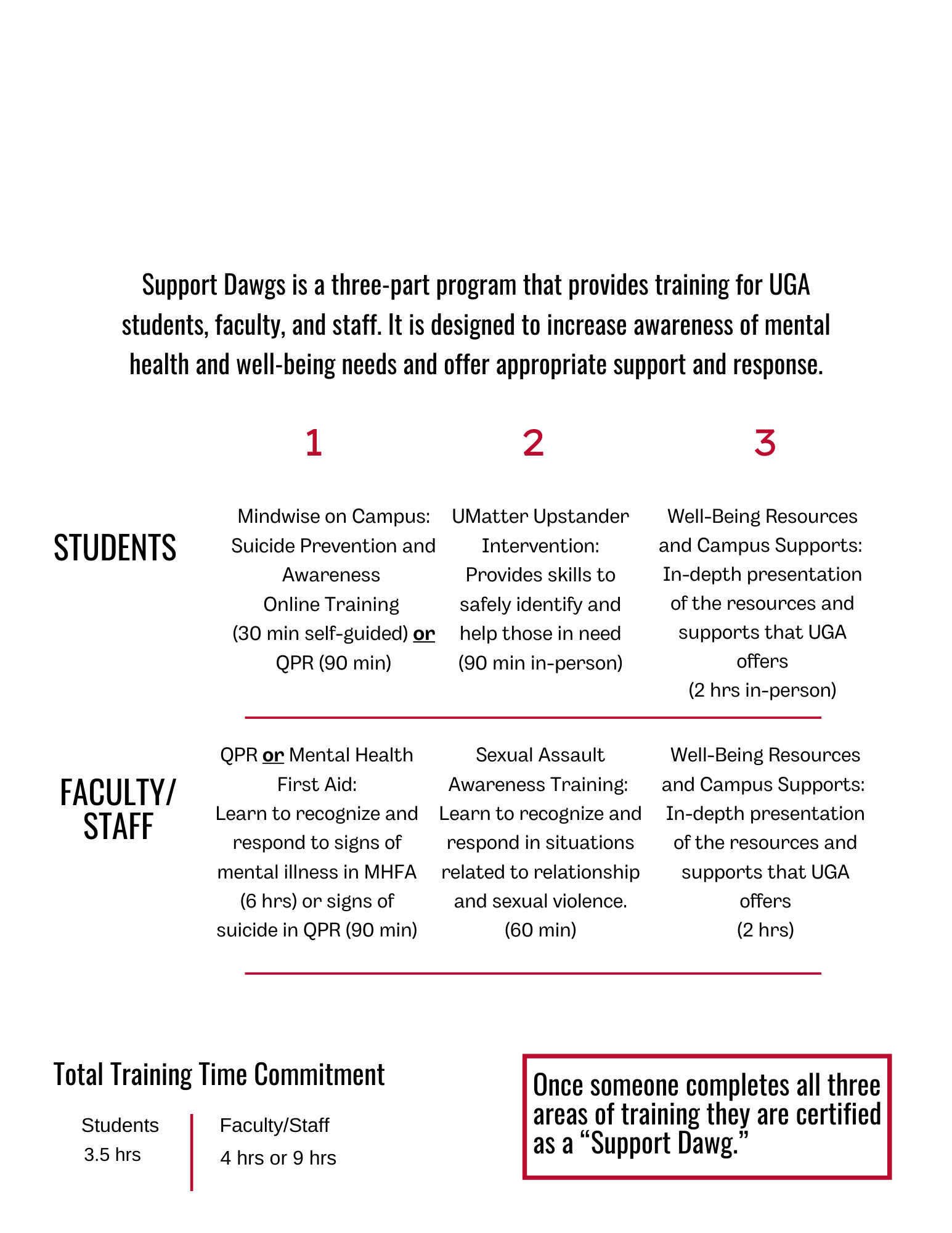
STUDENTS

MindWise on Campus is a suicide prevention program that uses real stories of mental health struggles and recovery to help college students support themselves and their peers. Through a 30 minute, self-guided online course, MindWise teaches skills about how to recognize signs of suicide risk, how to encourage someone to seek help, and overview of available mental health resources.
To access MindWise and complete the training:

Umatter supports a culture where people care about and help each other. This active intervention program provides skills to safely identify and help individuals in need when they notice concerns related to potential for sexual assault.
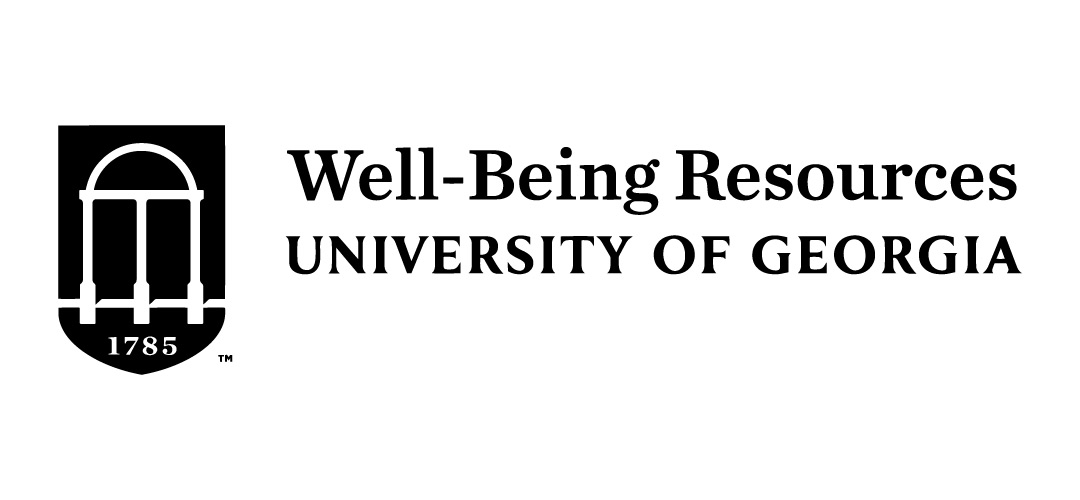
Student Well-Being Resources and Campus Supports: This training is an in-depth and comprehensive presentation of the resources and supports available to students. The purpose of this presentation is to provide trainees with an understanding of our well-being model and how students can contribute to a community of care by supporting themselves and their peers. Additionally, this presentation covers how to broach difficult or sensitive subjects and how to spot early warning signs that an individual is struggling.
Faculty / STAFF
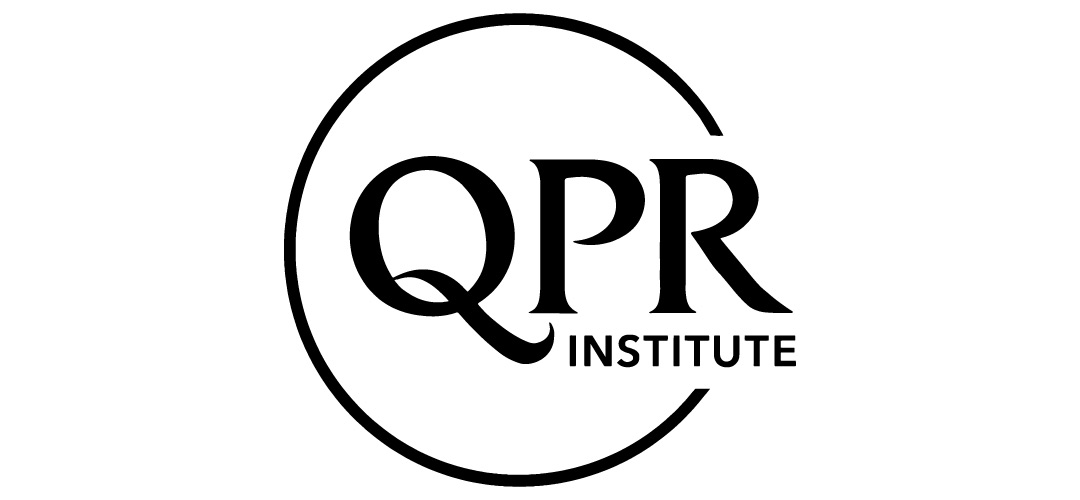
QPR stands for Question, Persuade and Refer – the three simple steps anyone can learn to help save a life from suicide. Just as people trained in CPR and the Heimlich maneuver help save thousands of lives each year, people trained in QPR learn how to recognize the warning signs of a suicide crisis and how to question, persuade and refer someone to help. Take the first step in saving lives by signing up for this innovative, practical and proven suicide prevention training utilized around the world.
(First log into PEP, then search for the certification)
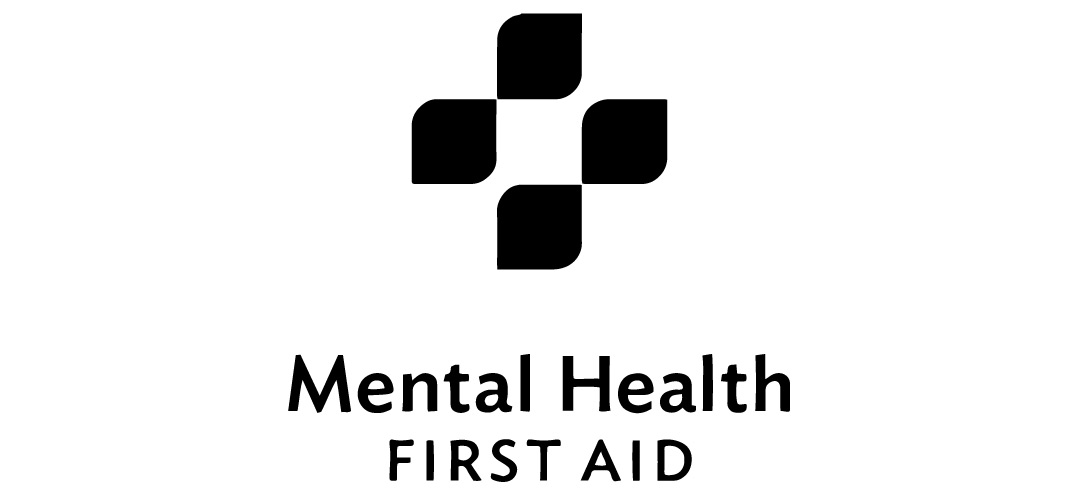
MHFA is a skills-based training course that teaches people how to identify, understand and respond to signs of mental illness and substance use disorder. People trained in MHFA learn to identify the risk factors and warning signs of mental health problems, strategies to help someone who is developing a mental health problem or is in crisis, and how to reach out and offer resources of where to turn for help. Topics covered include depression, mood disorders, anxiety disorders, trauma, psychosis, and substance use disorder.
(First log into PEP, then search for the certification)
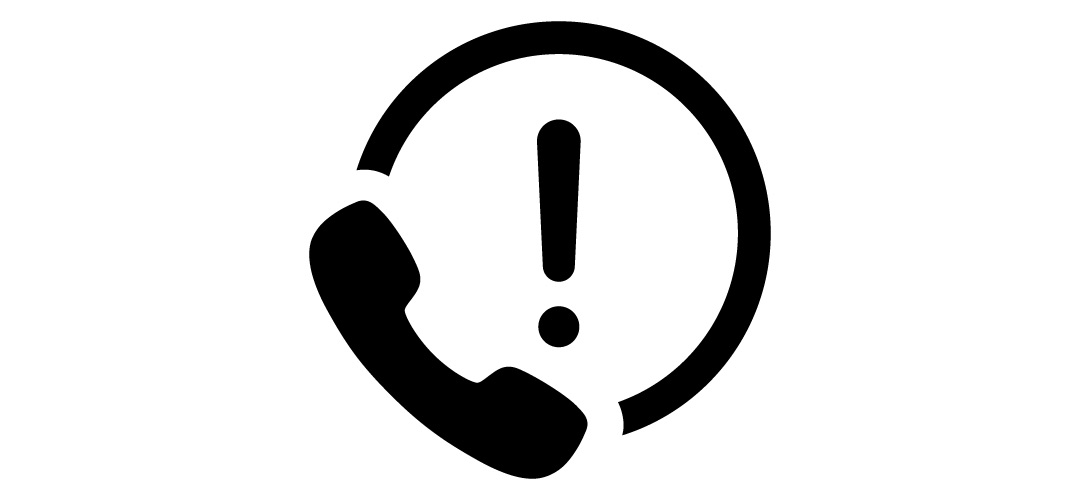
Sexual Assault Awareness and Reporting: This training covers how faculty and staff can support students or colleagues who may be experiencing relationship or sexual violence. Topics like the impact of trauma on the brain, trauma-informed responses and approaches, recognizing signs and symptoms, and reporting best practices are discussed. Attention will be drawn to specific resources on campus and in the community that support victims of sexual assault.
(First log into PEP, then search for the certification)

Faculty and Staff Well-Being Resources and Campus Supports: This training is an in-depth and comprehensive presentation of the resources and supports available to the university community. The purpose of this presentation is to provide trainees with an understanding of our well-being model and how we can contribute to a community of care by supporting students, faculty and staff. Additionally, this presentation covers how to broach difficult or sensitive subjects with students or colleagues and how to spot early warning signs that an individual is struggling.
(First log into PEP, then search for the certification)
CALENDAR
Log in to the Professional Education Portal (PEP) and search for "Support Dawgs" to register for your courses
And Involvement Network for Students


